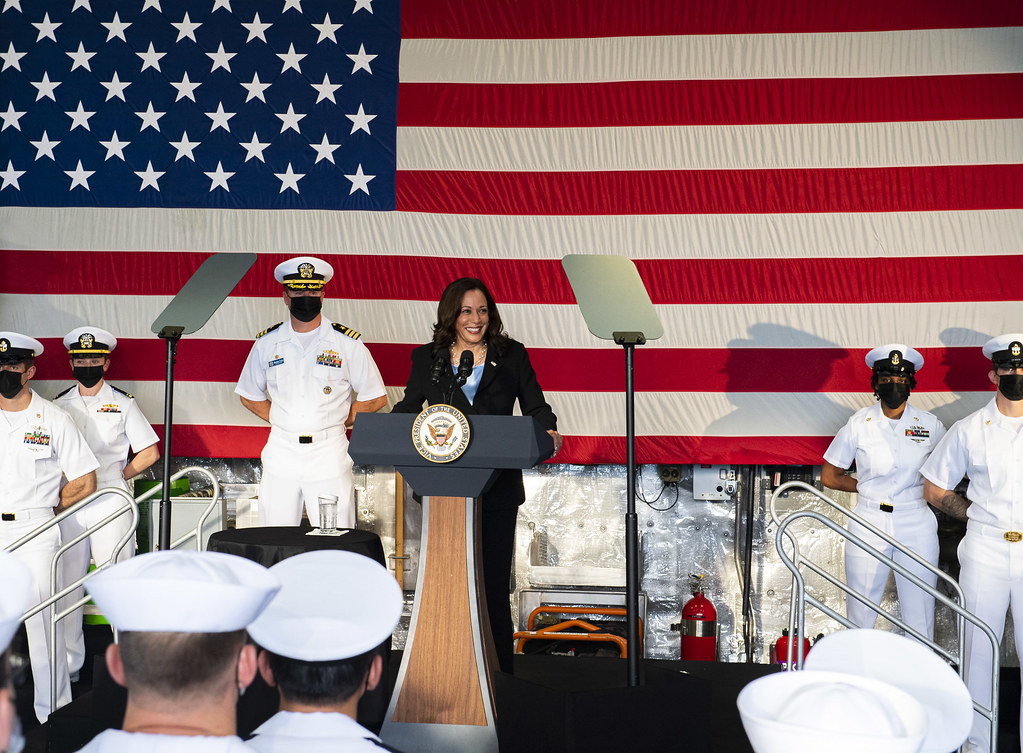
The Kamala Harris Defensive Charm in South East Asia
Fri, 27 Aug 2021 | Reading Time: 6 minutes

The Kamala Harris Defensive Charm in South East Asia
Gurjit Singh
US Vice President Kamala Harris was in Southeast Asia this week. The visit confirmed a revitalized interest of the US in Southeast Asia and the Indo- Pacific[1]. Vice President Harris visited old ally Singapore, and a new strategic partner, Vietnam.[2]
Two questions arose around this visit. First, the tension in Afghanistan, and US problems of evacuation. How was Harris in a non-crisis zone? The second was why visit Singapore and Vietnam, countries which Defence Secretary Lloyd Austin had already visited?
The Biden administration had initial missteps in engaging with ASEAN. Over the last month, they took measures to reassure ASEAN that they were important. Besides Austin’s visit to Singapore, Vietnam and the Philippines, Secretary of State Blinken had received Indonesian Foreign Minister Retno in Washington.[3] Thereafter, he virtually participated in, the foreign ministers meeting with ASEAN Foreign Ministers. He also participated in the foreign minister-led ASEAN Regional Forum (ARF) meeting. [4]
These meetings were the groundwork for Harris’ visit. Singapore and Vietnam are two of the most reliable partners of the US in the ASEAN. Harris was consolidating recent gains, rather than developing new partnerships. The significance was that despite what was happening in Afghanistan, Harris kept to her schedule. This was important because earlier, Secretary Blinken had kept ASEAN Foreign Ministers waiting while he attended to more urgent business. This impression needed correction and had Harris postponed her visit, it would again have shown ASEAN as a low priority. This the US wanted to avoid.
The main purpose of the Harris visit was to let ASEAN know that they remain important to the US Indo-Pacific policy. One country which certainly could have been visited is Indonesia, where the ASEAN is also headquartered. Recent US visitors, including Assistant Secretary Wendy Sherman have touched Asia but not, Indonesia. The Indonesian foreign and defence ministers have, over the year, visited Washington DC. Speaking to interlocutors in Indonesia the author did not get the impression that there was any peeve in Jakarta.
ASEAN is reassured of the US renewed commitment. They are happier that they are not to choose between one side or the other. In fact, ASEAN would prefer a region where there is no contention. But they value the US backing them in claims vis a vis China. Most ASEAN countries don’t mind the support and don’t want to stand up strongly for themselves.
For instance, Harris, and other US interlocutors have spoken about the 2016 arbitral award in favour of the Philippines over the South China Sea (SCS). ASEAN countries have mostly kept quiet on it. This current public silence is to maintain a cohesive negotiation on the code of conduct in the SCS, which is currently underway with China.
The Harris visit was to secure reliable allies. It realised that ASEAN does not want to participate in a zero-sum game. This is where the Harris speech at the Gardens of the Bay in Singapore is important.[5]
Some of the messages which emanated from that speech are the following.
First, the Indo Pacific, and Southeast Asia are a high priority for the US, both for security and economic reasons. US trade with the Indo-Pacific is about $2 trillion; US exports to the Indo-Pacific support 4 million jobs in the US. Trade with ASEAN countries supports 600,000 US jobs.
The Indo-Pacific vision includes peace and stability, fighting the pandemic, Free and Open Indo Pacific (FOIP), free trade, support to human rights, international rules-based regime and new reliable supply chains.
Secondly, interaction with ASEAN is not seen as a zero-sum game nor is ASEAN asked to choose between the US and China. The US under Biden was more cognizant of an interconnected and interdependent world in which Southeast Asia plays an important role.
The SCS, in particular, has billions of dollars in trade flowing through it. It has a threat of coercion, which needs to be countered if prosperity is to proceed. This idea of common prosperity is offered to ASEAN to also deal with the SCS.
Thirdly, while ASEAN is not called upon to take sides, the US would stand with its partners to deal with threats to its objectives in the Indo-Pacific. China’s illegal claims were rejected in 2016, but it continues to act to undermine a rules-based regime and the sovereign rights of nations. In the context of Afghanistan, this iteration was well noted.
Harris clarified that the US engagement in the region is not against any country, nor is it pushing partners to make choices. ‘We are seeking optimistic vision with active US participation and ownership with countries of the region’.
Fourth, the US economy is in good shape and in the recovery from the pandemic it can offer much to ASEAN. Besides the growth of bilateral trade, the development of new resilient supply chains, development of larger markets and complementarities can play a major role. This was of interest to Singapore and Vietnam which are both liberal traders. Both are members of the RCEP and the CPTPP as well.
Fifthly, Harris emphasizes the return to multilateralism for the region. ASEAN knows it’s being given due acknowledgment now as a regional institution. Moreover, Harris announced that the US would host the Asian Pacific Economic Cooperation (APEC) Forum in 2023 in the hope to build greater connectivity with the Indo-Pacific for economic prosperity. Seven of the ten ASEAN are APEC members[6]; India is not. It is a Singapore based entity without ASEAN centrality.
Thus, the message is that ASEAN will remain important and partnerships will be strengthened with individual countries and regional bodies to expand US policy.
Harris announced that the US and Singapore had created a climate partnership to emphasize sustainable finance, which is of interest to ASEAN countries. Clean energies and resilient supply chains in a climate-friendly manner would be pursued. The US also promised greater health sector support.
23 million vaccine doses from the 110 million doses the US have sent overseas have been to Southeast Asia, without conditions and as donations.
To create a vision of a stronger regional health security partnership with the region, Harris announced a new Centre for Disease Control and Prevention Southeast Asia regional office in Vietnam. The office is one of four regional CDC offices for collaborating with the region for research and training to contend with and prevent further health crises.[7]
The launch ceremony included the US Secretary of Health and Human Services, CDC Director, and Deputy Prime Ministers and Health Ministers from eleven countries[8]
While not asking the ASEAN to take sides, Harris yet emphasised the values it abides by. It contrasted its action with that of China. Harris expressed concern at the military coup in Myanmar and condemned the repression there. Her commitment to supporting the return of Myanmar to democracy was with the hope that the ASEAN countries will join in that effort. The ASEAN Special Envoy has his work cut out for him and may not have relished this public pronouncement!
Singapore and Vietnam were safe bets for Harris’ first visit to Asia. The strategic communities view China in congruence with the US view. Both perceive the US activity in the region as pivotal for their security. All of this provided Harris with a good pitch to debut on. Limited gains, more consolidation and a warmer ambient to the ASEAN were the major effects of the Harris visit.[9]
***********
Author
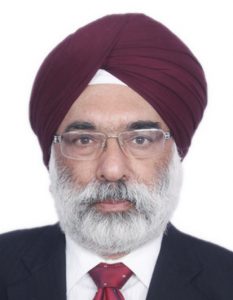
Ambassador Gurjit Singh was an Indian diplomat for 37 years. He has been the Ambassador of India to Germany, Indonesia, Timor-Leste & ASEAN and Ethiopia, Djibouti and the African Union besides having been in in Japan, Sri Lanka, Kenya, and Italy on assignment. He was the Sherpa for the first 2 India-Africa Summits and his book ‘The Injera and the Parantha’ on India and Ethiopia was well received. He has also written books on India’s relations with Japan, Indonesia, and Germany.
References –
[1] Statement from Senior Advisor and Chief Spokesperson Symone Sanders on Vice President Kamala Harris’s Upcoming Visit to Singapore and Vietnam, The White House, 30 July 2021, https://www.whitehouse.gov/briefing-room/statements-releases/2021/07/30/statement-from-senior-advisor-and-chief-spokesperson-symone-sanders-on-vice-president-kamala-harriss-upcoming-visit-to-singapore-and-vietnam/
[2] White House’s statement on US Vice President’s visit to Vietnam, The White House, 24 August 2021, https://vietnam.vnanet.vn/english/white-houses-statement-on-us-vice-presidents-visit-to-vietnam/495608.html
[3] Secretary Blinken’s Meeting with Indonesian Foreign Minister Retno Marsudi, US Department of State, 3 August 2021, https://www.state.gov/secretary-blinkens-meeting-with-indonesian-foreign-minister-retno-marsudi/
[4] Gurjit Singh, ASEAN Attracts Strategic Interest, Chanakya Forum, 8 August 2021, https://chanakyaforum.com/asean-attracts-strategic-interest/
[5] Remarks by Vice President Harris on the Indo-Pacific Region, The White House, 24 August 2021, https://www.whitehouse.gov/briefing-room/speeches-remarks/2021/08/24/remarks-by-vice-president-harris-on-the-indo-pacific-region/
[6]Asia-Pacific Economic Cooperation https://www.apec.org/
[7] Alexandra Jaffe, Harris urges Vietnam to join the US in opposing China ‘bullying’, AP, 25 August 2021, https://apnews.com/article/health-pandemics-coronavirus-pandemic-vietnam-1fcaf1dbb2fc2a7e1259a02b3ed58b2b
[8] Vice President Kamala Harris Opens New CDC Southeast Asia Regional Office in Vietnam, Centres for Disease Control and Prevention, 25 August 2021, https://www.cdc.gov/media/releases/2021/p0825-new-cdc-office.html
[9] Susannah Patton, Kamala Harris’s Asia Trip Can’t Fix Biden’s Troubled Indo-Pacific Strategy, Foreign Policy, 24 August 2021, https://foreignpolicy.com/2021/08/24/kamala-harris-singapore-vietnam-southeast-asia-trip-biden-indo-pacific-strategy/
*************
Disclaimer
The opinions expressed in this article are the author’s own and do not reflect the views of Chanakya Forum. All information provided in this article including timeliness, completeness, accuracy, suitability or validity of information referenced therein, is the sole responsibility of the author. www.chanakyaforum.com does not assume any responsibility for the same.
Chanakya Forum is now on . Click here to join our channel (@ChanakyaForum) and stay updated with the latest headlines and articles.
Important
We work round the clock to bring you the finest articles and updates from around the world. There is a team that works tirelessly to ensure that you have a seamless reading experience. But all this costs money. Please support us so that we keep doing what we do best. Happy Reading
Support Us





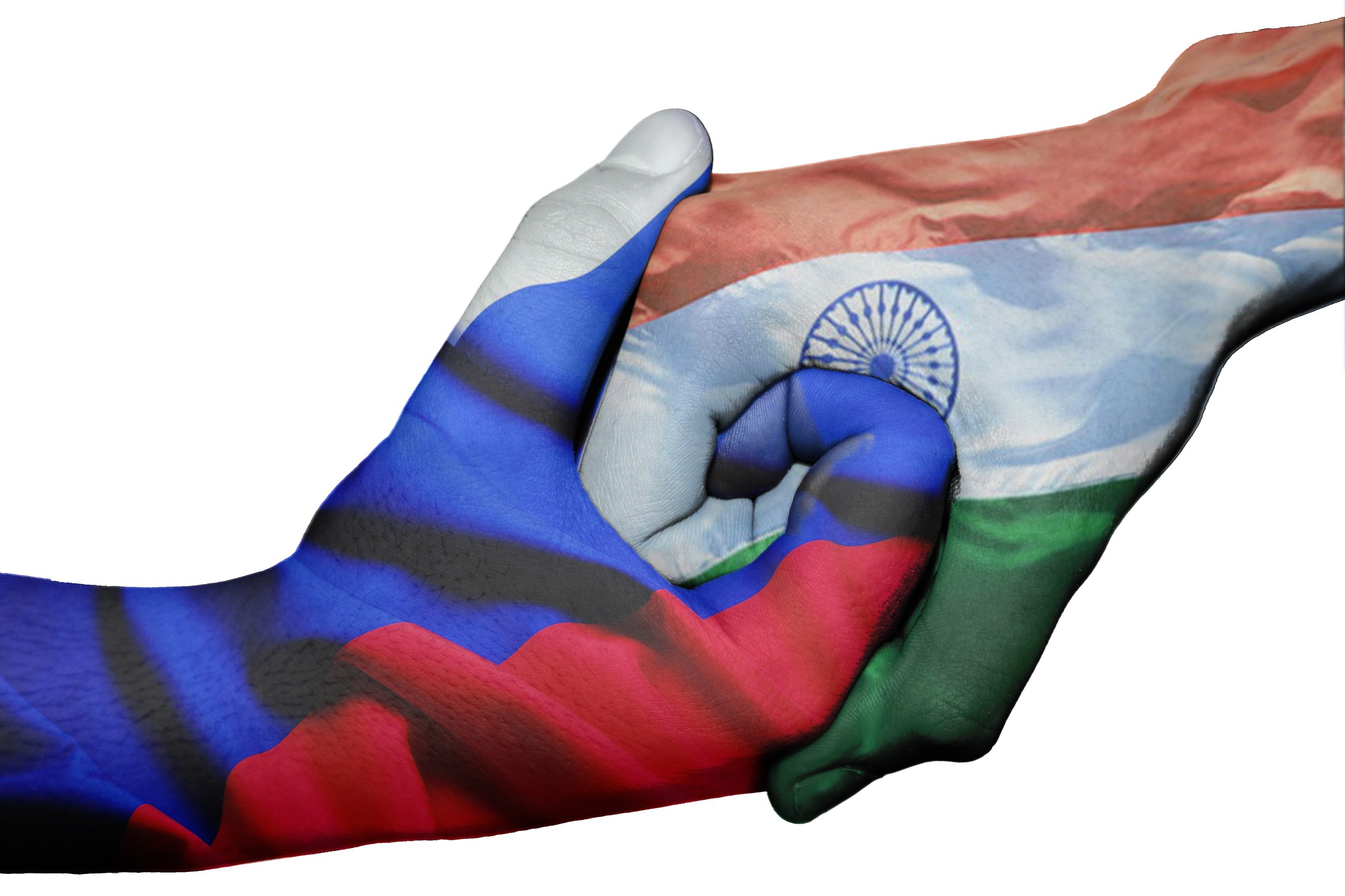
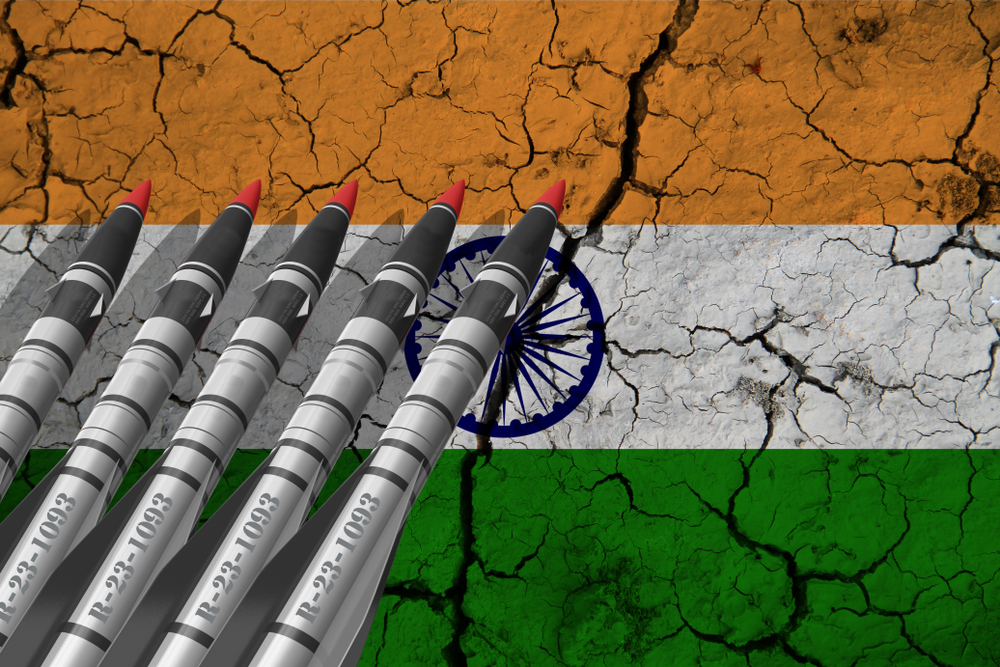
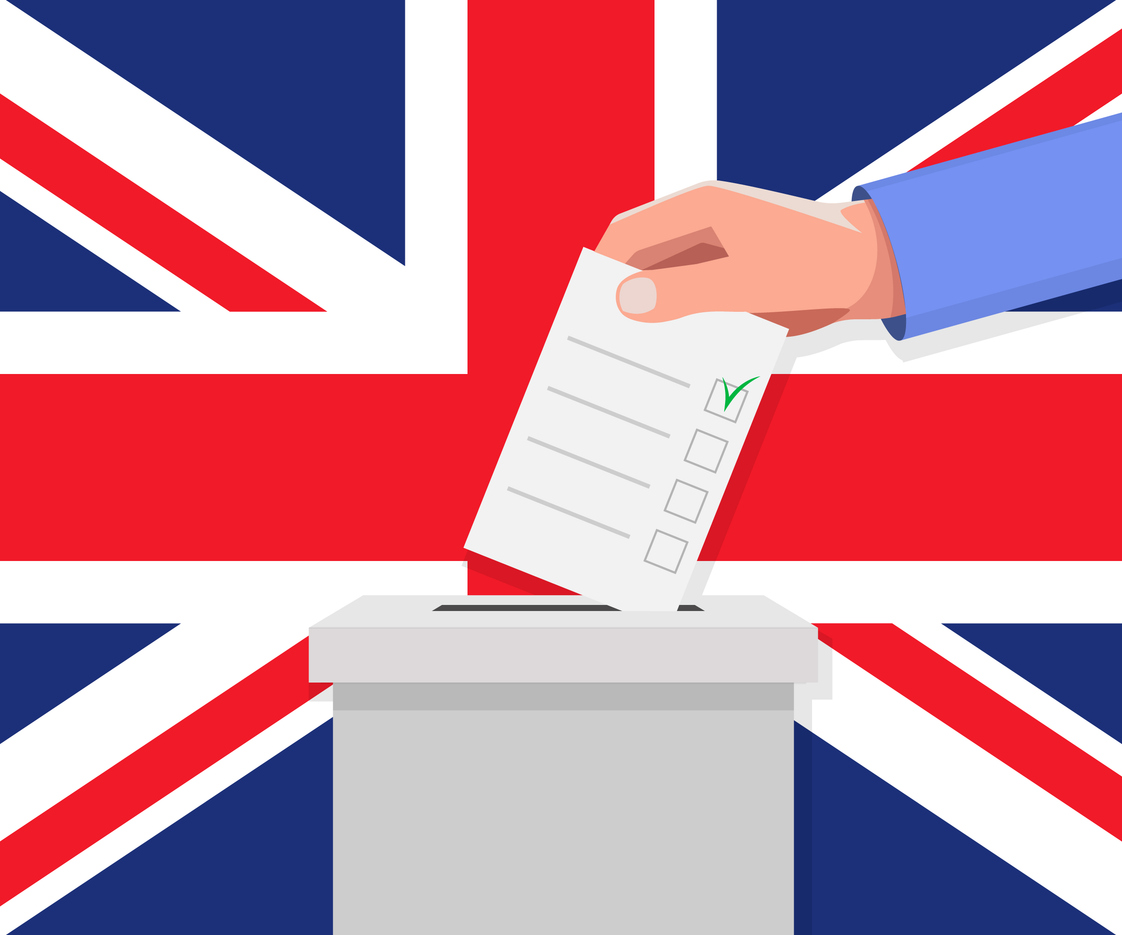
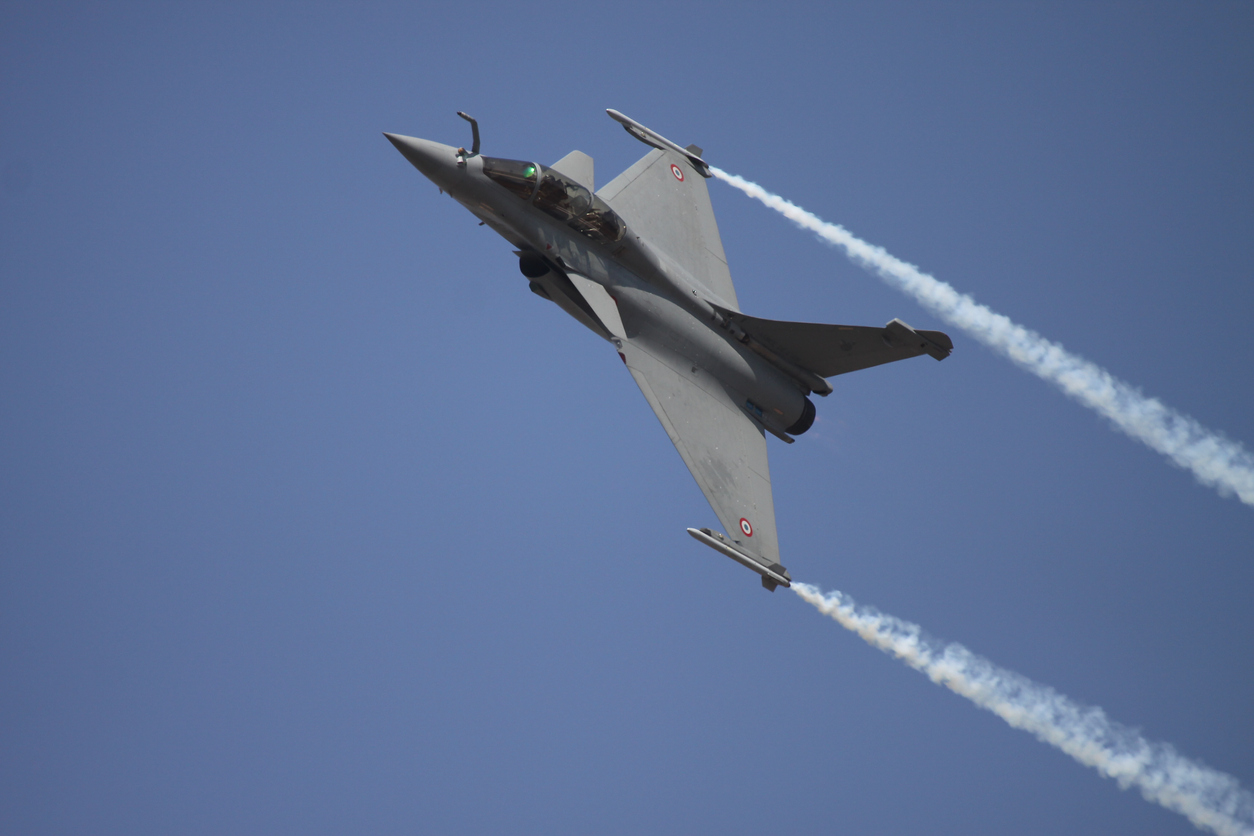
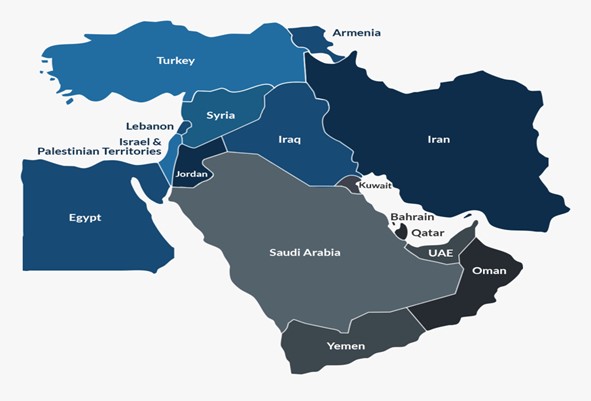
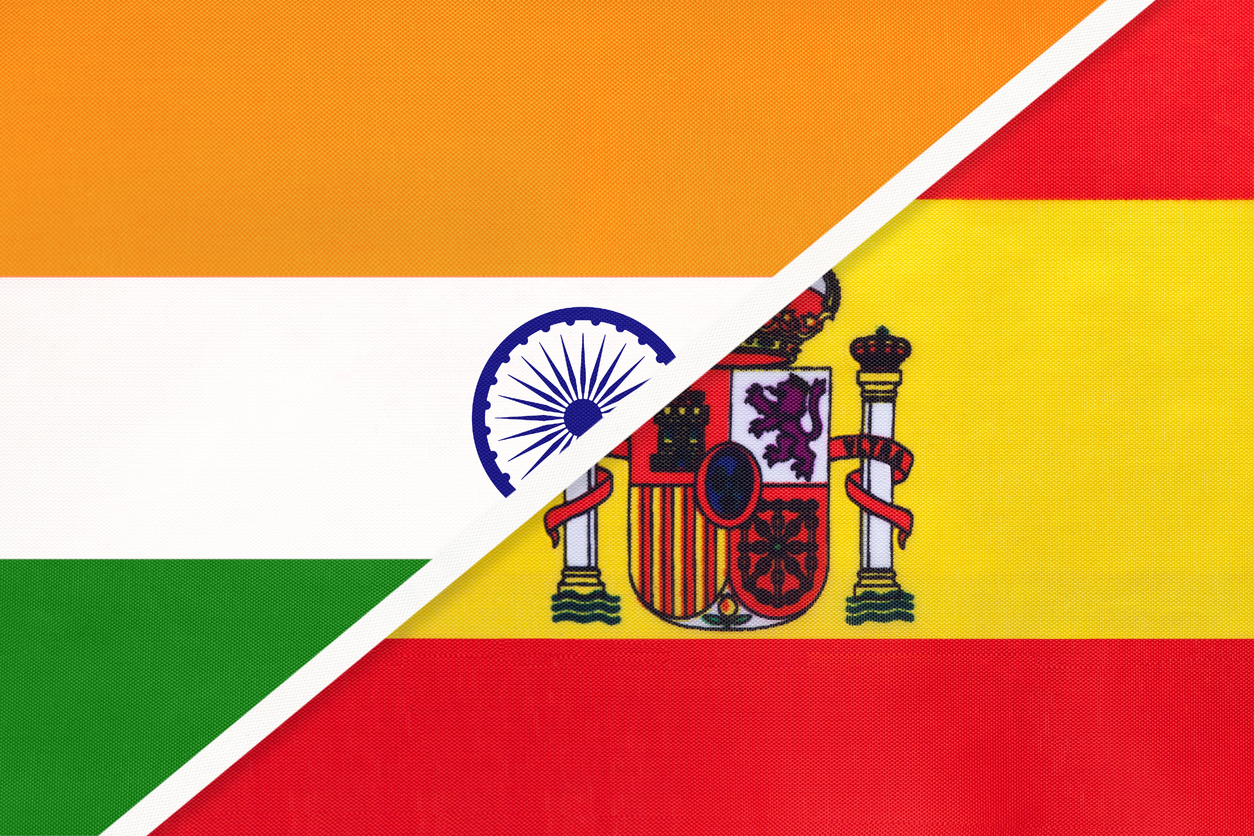
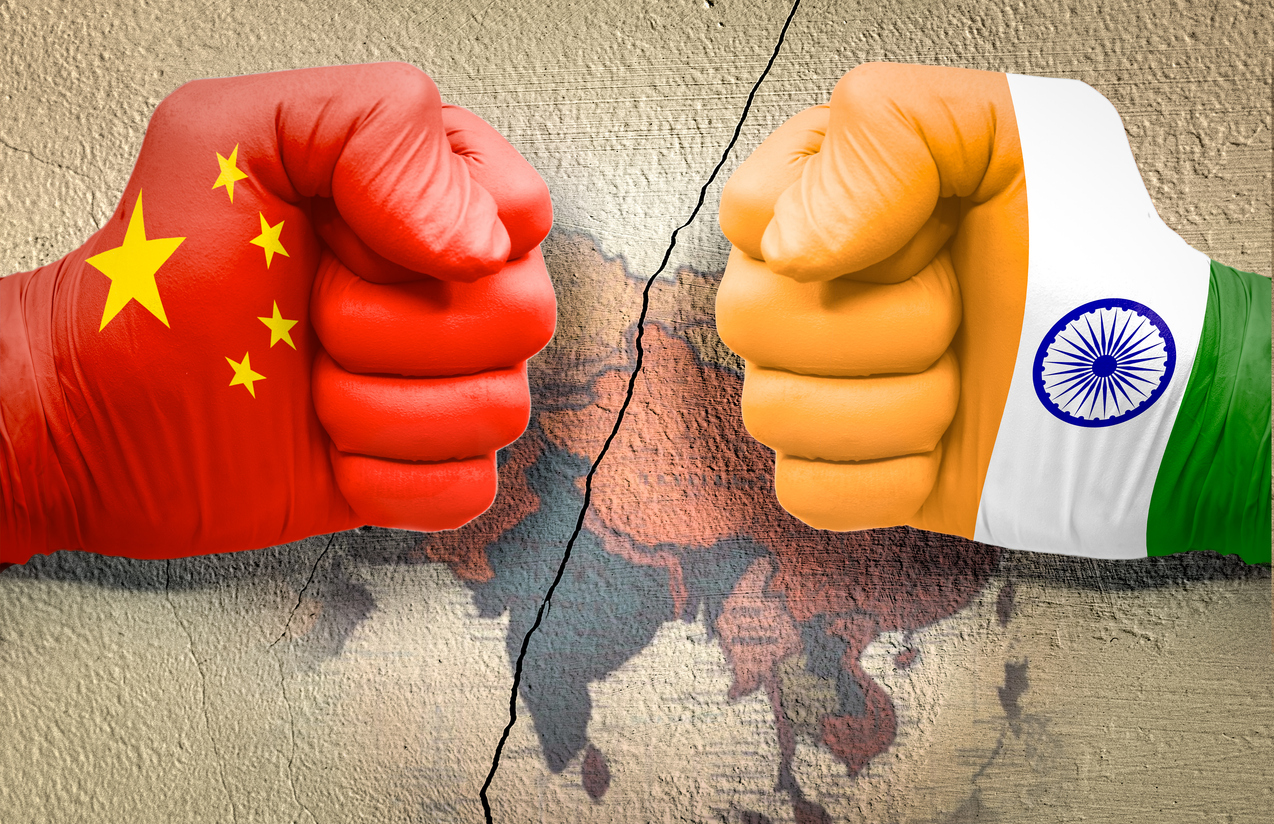
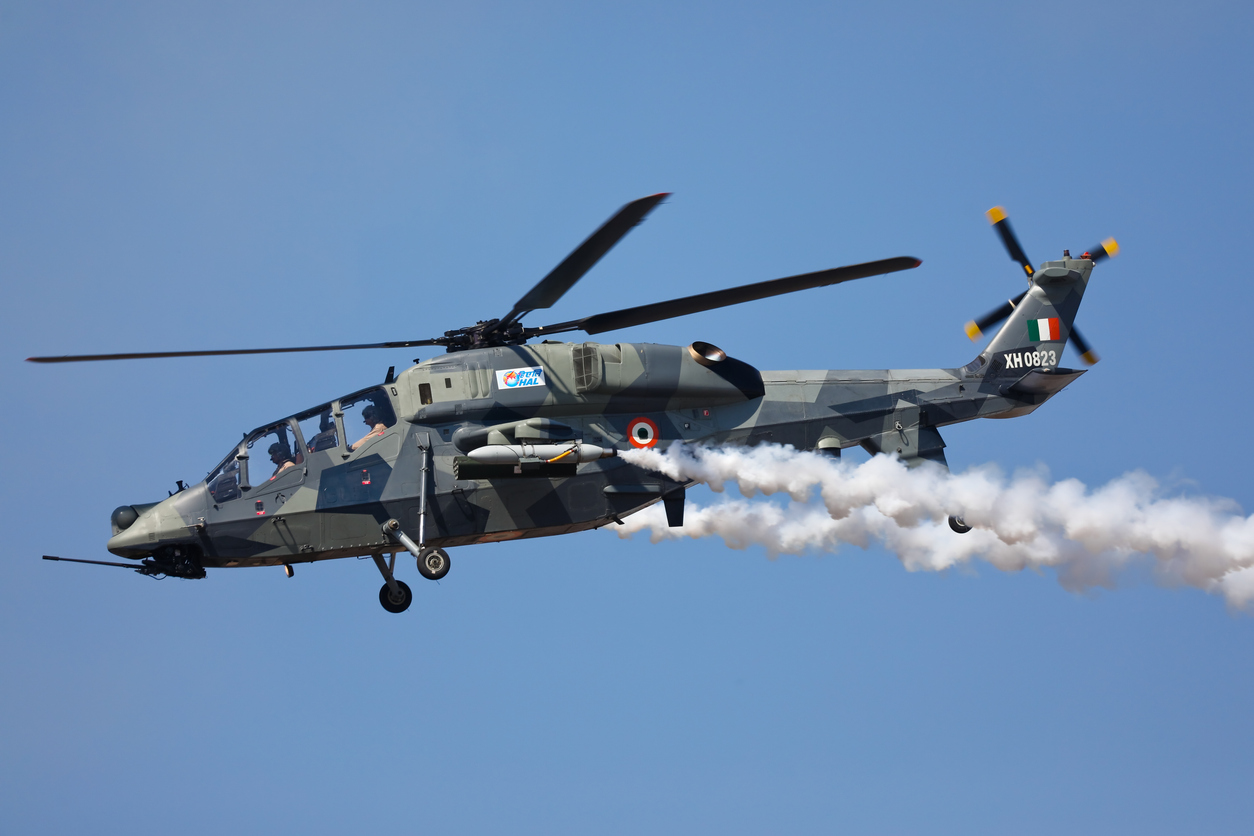







POST COMMENTS (1)
Amit Bhartari